Faheem Agboatwala talks S Curve at BMPA's PS 17
Everything that can become "e" will become "e". Printing is no exception. This opening "tongue in cheek" slide by Faheem Agboatwala was apt. For one, it mimicked Benny Landa's "Everything that can become digital will become digital. Printing is no exception."
25 Jan 2017 | By Krishna Naidu
Two, it set the tone for Agboatwala's one hour presentation at BMPA's Print Summit 17 which most of the one-thousand print delegates said was the highlight of the day-long conference at the Tata Theatre, NCPA.
Agboatwala's opening gambit was a comment by Albert Allen Bartlett was an emeritus professor of physics at the University of Colorado at Boulder, USA, "The greatest shortcoming of the human race is our inability to understand the exponential function." Agboatwala commented that society inasmuch as the print industry will see many more exponential changes as compared to the linear change.
While highlighting instances about exponential change that have impacted our society, Agboatwala spoke about its impact on packaging where "a smart fridge talks to her and informs the consumer about the expiry date and other details." He said, this is an example of functional smartness in packaging where the product shared information about: product authenticity, counter-theft; prevent food spoilage; enhance product attributes; respond to product environment; communicate product info, history or condition; assist with opening and indicate seal integrity.
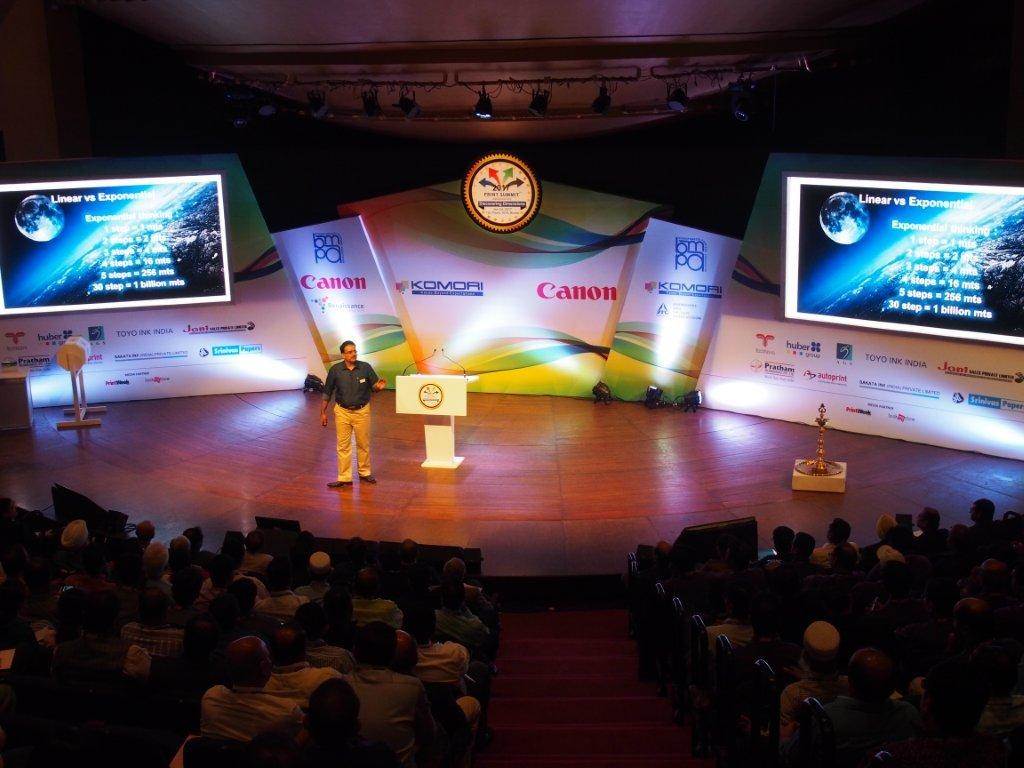
In this sense, Agboatwala touched upon how, "sooner or later, all businesses, even the most successful, run out of room to grow; and faced with this unpleasant reality, they are compelled to reinvent themselves periodically. During such time, he felt, the ability to pull off this difficult feat, to jump from the maturity stage of one business to the growth stage of the next is the what differentiates the winners from the losers."
Agboatwala then focussed on three Mumbai-headquartered print firms who have had multiple S Curves: Akar, Printmann and Mudrika Labels.
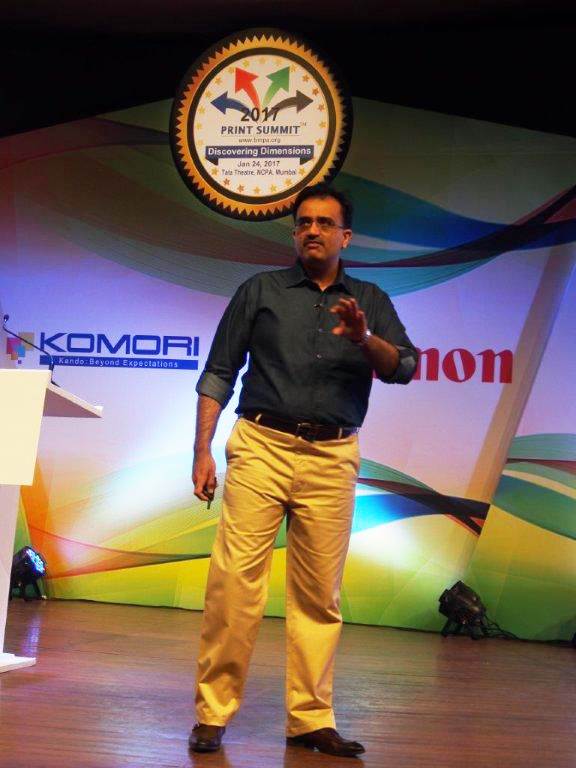
These were companies who found hacks to accelerate early learning; start acquiring new skills before the existing ones stagnated; and jumping from one curve to the other without staying in the comfort zone.
The multi-locational Akar with a turnover of Rs 90-crore was case study one. The focus of the company is medical content management and publishing, data assimilation and software development. Printmann with a turnover of Rs 80-crore and super specialisation in the pharma segment was case study two. And the in-mould and fresnel label specialist Mudrika Labels with a turnover of Rs 100-crore was the final case study.
Agboatwala walked us through the journeys of these mid-sized successful firms and their S curves.
The learnings from Akar were: Pick and choose your clients – get invited by the client; get out of your press room, leave the smell of ink and noise of the machine and think like a business leader; and finally accept price rejection. As Ashok Jain of Akar said, "Our company prides itself in the fact we get only two out of every 10 orders we quote for, thereby we stick to price."
The learnings from Printman: Keep listening to your client, follow their path if you see they are successful and grow with them; never lose respect, printers have this huge respect deficit – we must work towards reducing that and reach a point when we are seen as partners and not just vendors.
The learnings from Mudrika: Visit your customers (out of your industry) exhibitions; participate in trade fairs - check and what your competitors are doing; have a dedicated R&D person/department to continuously develop new and innovative products; keep your eyes/ears open to understand what customers pain points are – every pain point is a huge opportunity for the printer/supplier.
The session concluded with Ashok Jain of Akar, Tejas Tanna of Printmann and Manish Desai of Murdika Labels sharing their thoughts with the audience.


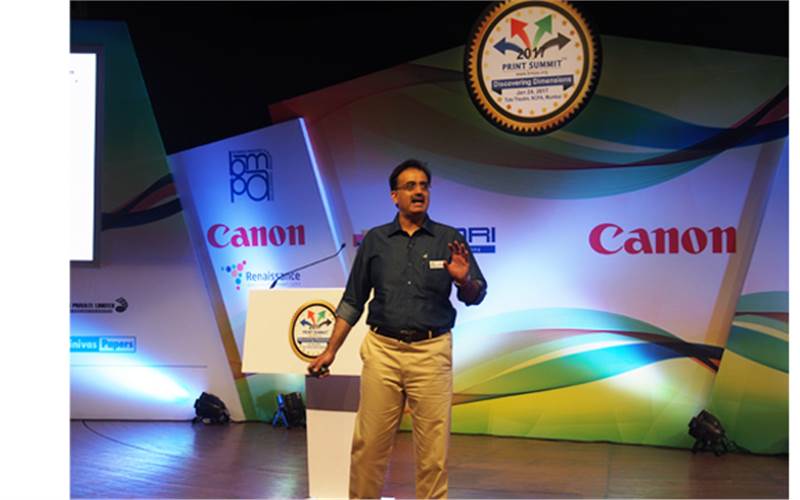
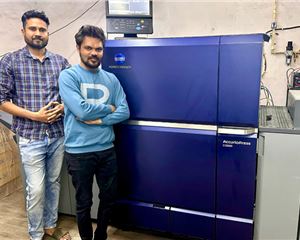
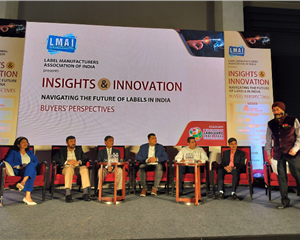
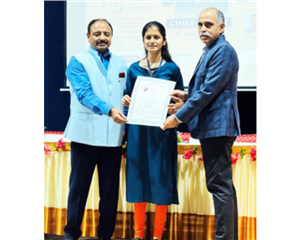
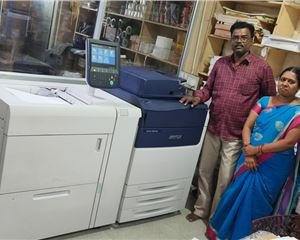
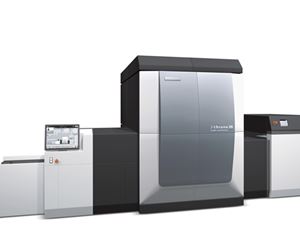






 See All
See All